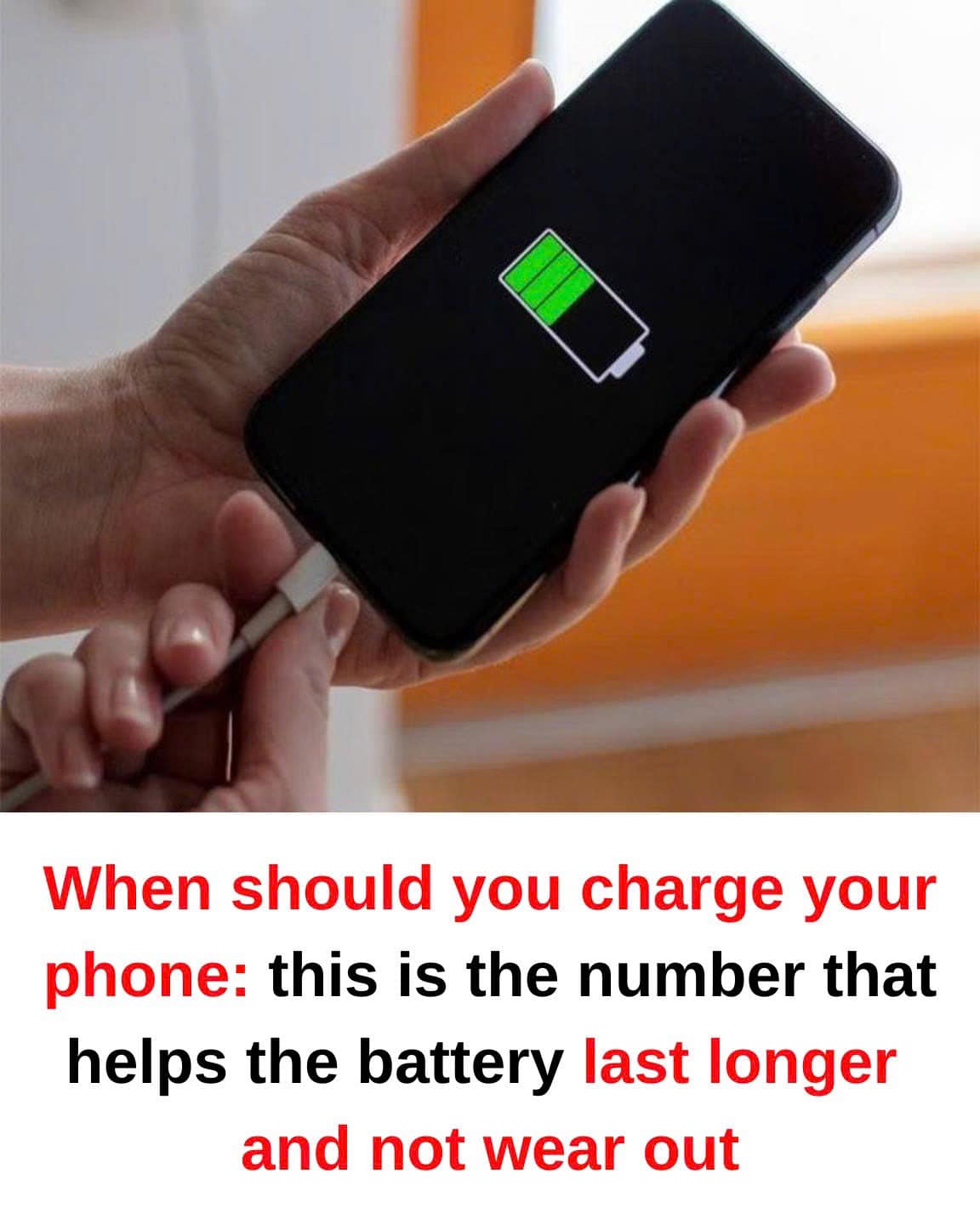For many of us, smartphones are an integral part of daily life. Whether we’re using them to work, stay connected with loved ones, or simply pass the time, keeping our devices charged is a top priority. However, not everyone knows the best practices for charging a smartphone. Mismanaging your phone’s battery can lead to a shorter lifespan, reduced efficiency, and potential issues down the line. If you’ve ever wondered about the optimal way to charge your phone, here’s everything you need to know to keep your device running smoothly.

When Should You Charge Your Phone?
There’s ongoing debate about the perfect battery percentage for plugging in your phone, but experts generally agree on one important rule: avoid letting your phone’s battery drop below 5% before charging. Allowing the battery to drain completely or letting the phone power off before charging can have a negative impact on the battery’s health. This habit can weaken the battery over time and, in some cases, make it difficult to charge your phone during the next attempt.
Most smartphones today are equipped with lithium-ion (Li-ion) batteries, which are designed to handle partial charges. This means you don’t have to wait for the battery to drop to a specific percentage before plugging it in. In fact, it’s better to keep your battery level from dipping too low. Even if your phone’s battery is at 30% or 40%, you can safely plug it in without causing any harm.
Another common misconception is that you need to wait until your battery reaches 100% before unplugging it. With modern Li-ion batteries, this isn’t necessary. These batteries are smart enough to stop charging automatically once they reach full capacity. This built-in safeguard prevents overcharging, so you can feel confident unplugging your phone even if it’s not fully charged.
Tips for Charging Your Phone the Right Way
To ensure your phone’s battery remains healthy and lasts as long as possible, follow these practical charging tips:
- Avoid Using Your Phone While Charging
Using your phone while it’s charging may seem harmless, but it can cause the battery to heat up quickly. Overheating can significantly reduce your battery’s lifespan over time. If you must use your phone during charging, try to limit it to lighter tasks, such as checking notifications or answering a call. Avoid resource-heavy activities like gaming or streaming videos. - Turn Off Unnecessary Features
When charging your phone, turn off features that you don’t need, such as WiFi, mobile data (3G/4G/5G), or Bluetooth. These functions consume extra energy, which can make the charging process less efficient. - Adjust Screen Brightness
Your phone’s screen is one of its biggest power drains. While charging, set the screen brightness to a medium or low level. You can also adjust the screen timeout to 10-15 seconds when not in use. This simple step can help your phone charge more efficiently while also saving energy. - Close Background Applications
Many apps continue to run in the background even when you’re not actively using them, consuming battery power and slowing down the charging process. Before plugging in your phone, close any unnecessary apps to optimize charging speed and reduce heat buildup. - Use Original Chargers
It can be tempting to use a cheap, off-brand charger when your original one isn’t available, but this is a risky move. Non-original chargers often lack the proper voltage regulation, which can damage your phone’s battery over time. Always use the charger provided by the manufacturer or a reputable replacement to ensure the safety and longevity of your device. - Avoid Frequent Deep Discharges
Letting your battery drain completely on a regular basis can have serious consequences for its performance. Over time, deep discharges can make the battery less efficient and cause it to struggle to recognize the charger. To maintain battery health, try to keep your phone’s charge level between 20% and 80% most of the time.
Why Proper Charging Habits Matter
Following these simple tips can make a big difference in your smartphone’s performance and battery health over time. Many people don’t realize that improper charging habits are one of the leading causes of premature battery failure. While modern Li-ion batteries are designed to be durable, they still require proper care to reach their full potential lifespan.
By avoiding overheating, reducing unnecessary energy consumption, and sticking to quality chargers, you’ll not only extend the life of your phone’s battery but also ensure that your device functions smoothly for years to come. After all, a well-maintained battery means fewer interruptions and less frustration in your daily routine.
Smartphone batteries are smarter and more efficient than ever, but they still depend on you to use them wisely. Incorporating these habits into your routine will help keep your phone running at its best and save you from the hassle of unexpected battery problems. With just a few adjustments, you can enjoy a longer-lasting, healthier smartphone experience!





